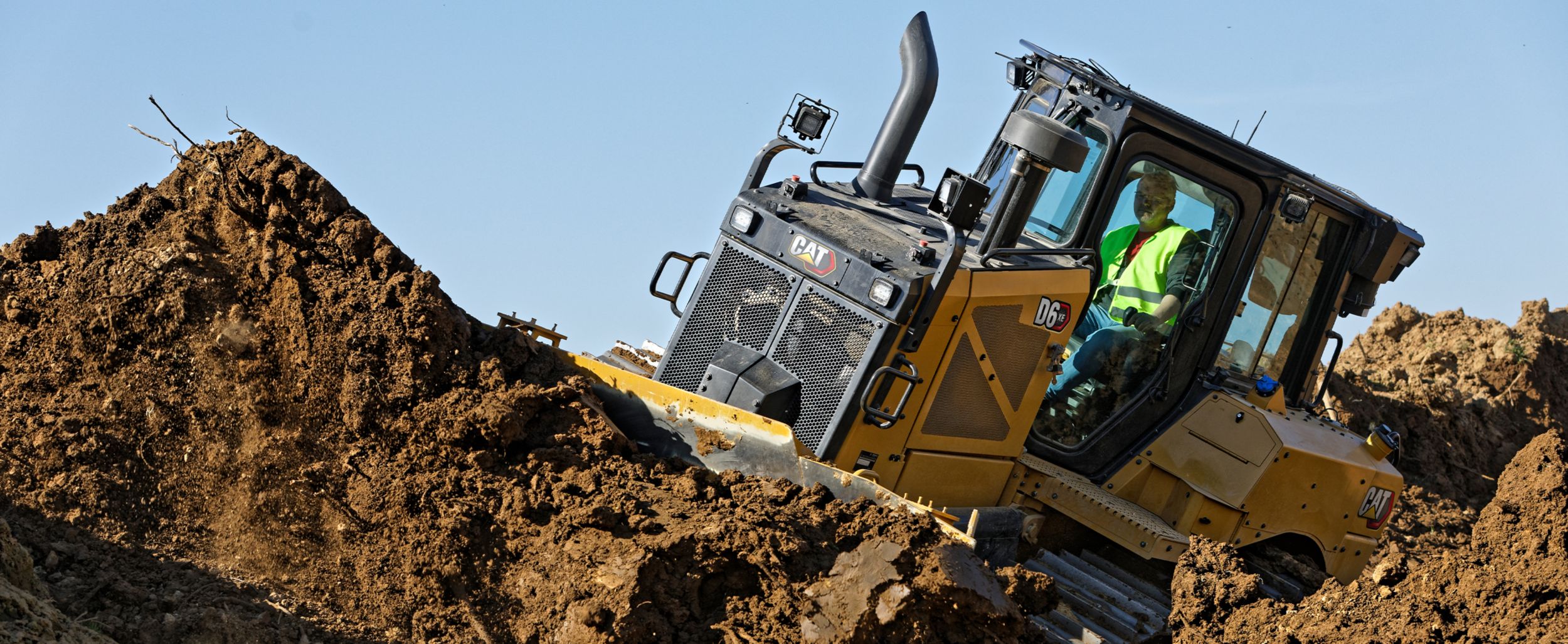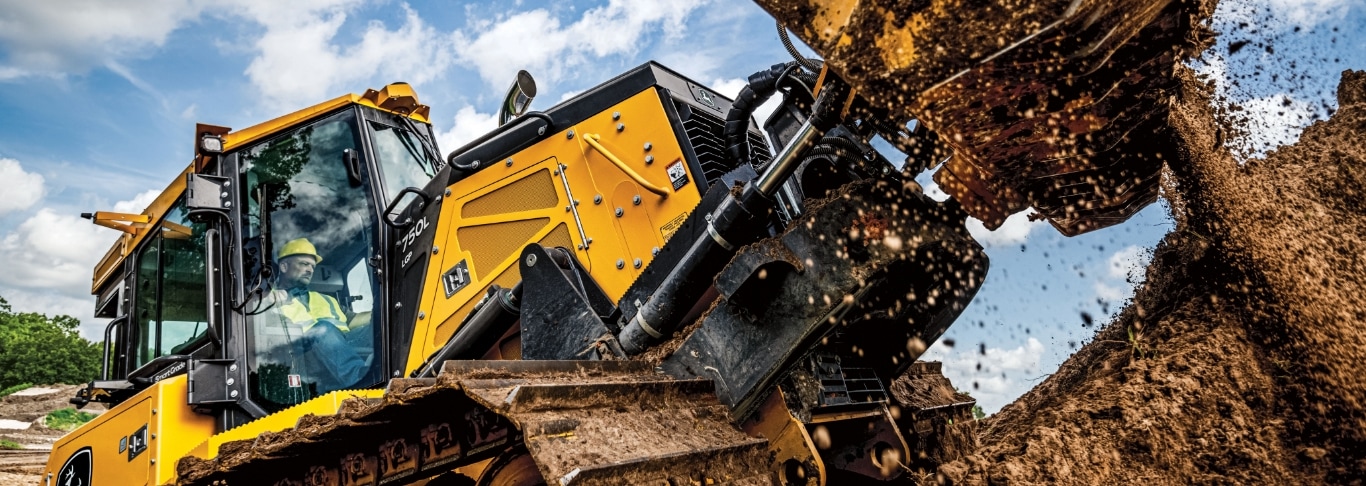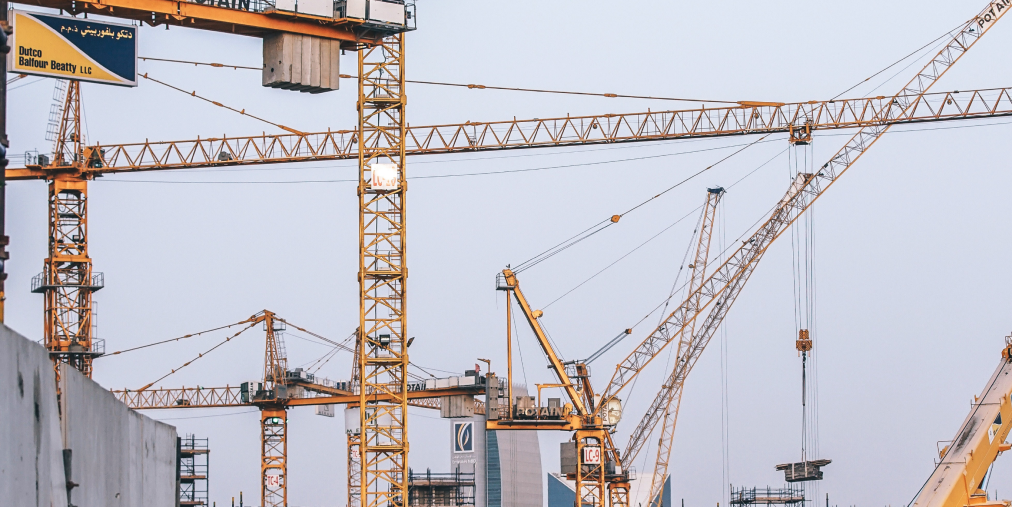Equipment Rental Company in Tuscaloosa AL: Your Relied On Source for Equipment
Equipment Rental Company in Tuscaloosa AL: Your Relied On Source for Equipment
Blog Article
Discovering the Financial Perks of Renting Building Devices Contrasted to Owning It Long-Term
The choice in between owning and renting construction equipment is critical for financial management in the sector. Renting offers instant cost savings and functional versatility, enabling firms to assign resources much more efficiently. On the other hand, possession includes substantial long-lasting economic commitments, including maintenance and depreciation. As contractors consider these alternatives, the effect on cash flow, task timelines, and technology accessibility ends up being progressively considerable. Comprehending these nuances is necessary, especially when considering just how they align with specific project needs and economic strategies. What elements should be prioritized to ensure optimal decision-making in this complicated landscape?

Cost Comparison: Leasing Vs. Possessing
When examining the financial implications of renting out versus having construction tools, an extensive price contrast is necessary for making informed decisions. The selection between owning and leasing can significantly impact a company's bottom line, and recognizing the linked prices is important.
Renting construction tools typically entails reduced in advance prices, allowing businesses to assign capital to various other operational requirements. Rental arrangements often include versatile terms, enabling firms to gain access to advanced machinery without long-lasting commitments. This versatility can be specifically helpful for temporary tasks or fluctuating workloads. Nonetheless, rental costs can collect over time, potentially surpassing the expenditure of ownership if equipment is needed for an extended duration.
On the other hand, having building and construction tools calls for a significant first financial investment, along with continuous prices such as insurance, depreciation, and financing. While ownership can bring about long-lasting cost savings, it also binds capital and might not provide the very same degree of versatility as leasing. Furthermore, having tools necessitates a commitment to its application, which might not always line up with job needs.
Ultimately, the choice to rent out or own should be based upon a comprehensive evaluation of details project demands, financial capability, and long-lasting tactical goals.

Maintenance Expenditures and Obligations
The selection between renting out and having building devices not only involves financial considerations yet also incorporates continuous maintenance expenses and responsibilities. Having equipment calls for a significant dedication to its maintenance, which consists of regular inspections, repair work, and possible upgrades. These responsibilities can swiftly accumulate, leading to unexpected costs that can stress a budget.
On the other hand, when leasing tools, maintenance is typically the obligation of the rental company. This plan allows professionals to prevent the financial burden connected with wear and tear, as well as the logistical difficulties of scheduling repair services. Rental contracts often include stipulations for upkeep, suggesting that service providers can concentrate on completing jobs instead of stressing over devices condition.
Furthermore, the diverse variety of equipment available for lease makes it possible for firms to select the current versions with sophisticated modern technology, which can boost effectiveness and performance - scissor lift rental in Tuscaloosa Al. By deciding for leasings, businesses can avoid the long-lasting obligation of equipment depreciation and the associated upkeep frustrations. Eventually, reviewing upkeep expenses and obligations is vital for making an informed decision regarding whether to rent or have construction equipment, dramatically impacting overall job expenses and operational performance

Depreciation Impact on Possession
A visit the site substantial aspect to think about in the choice to own building devices is the effect of devaluation on overall ownership prices. Depreciation represents the decrease in worth of the equipment with time, influenced by elements such as usage, wear and tear, and improvements in innovation. As equipment ages, its market price lessens, which can substantially influence the proprietor's monetary setting when it comes time to trade the tools or sell.
For building companies, this depreciation can equate to substantial losses if the devices is not made use of to its maximum possibility or if it ends up being out-of-date. Owners need to account for devaluation in their monetary projections, which can bring about higher overall prices contrasted to renting. In addition, the tax effects of depreciation can be complicated; while it may offer some tax obligation benefits, these are frequently countered by the reality of lowered resale worth.
Inevitably, the problem of depreciation stresses the significance of understanding the long-lasting economic commitment involved in owning construction equipment. Firms should very carefully assess how usually they will use the devices and the potential economic influence of devaluation to make an informed decision about possession versus renting out.
Financial Flexibility of Renting Out
Renting building and construction tools supplies substantial economic adaptability, allowing business to allocate resources a lot more efficiently. This versatility is particularly critical in a market defined by varying project demands and varying workloads. By choosing to rent, companies can prevent the considerable funding expense required for acquiring tools, maintaining capital for various other functional demands.
In addition, leasing devices allows companies to customize their tools options to specific project requirements without the lasting dedication connected with ownership. This suggests that organizations can conveniently scale their devices supply up or down based on existing and expected task demands. Subsequently, this flexibility decreases the threat of over-investment in machinery that construction machinery for rent might come to be underutilized or out-of-date over time.
One more economic benefit of renting is the potential for tax advantages. Rental repayments are commonly considered general expenses, enabling prompt tax obligation deductions, unlike devaluation on owned tools, which is topped several years. scissor lift rental in Tuscaloosa Al. This prompt expenditure recognition can additionally enhance a firm's cash money setting
Long-Term Job Considerations
When examining the long-lasting needs of a construction organization, the choice in between renting out and having tools becomes extra complex. Key variables to think about consist of job period, regularity of usage, and the nature of upcoming jobs. For tasks with extensive timelines, purchasing equipment may seem advantageous as a result of the capacity for lower overall expenses. However, if the devices will certainly not be utilized regularly across jobs, having may cause underutilization and unneeded expenditure on upkeep, insurance coverage, and storage space.
The construction industry is advancing rapidly, with new equipment offering improved effectiveness and safety and security functions. This adaptability is specifically useful for businesses that handle diverse projects calling for various types of equipment.
Additionally, economic stability plays an important duty. Having equipment usually involves substantial capital expense and depreciation problems, while leasing enables more predictable budgeting and cash circulation. Inevitably, the option in between possessing and renting ought to be aligned with the critical objectives of the building service, taking right into account both awaited and existing project needs.
Conclusion
To conclude, renting building tools uses considerable monetary advantages over lasting ownership. The reduced ahead of time costs, elimination of upkeep obligations, and avoidance of depreciation add to enhanced capital and financial adaptability. scissor lift rental in Tuscaloosa Al. Additionally, rental payments act as immediate tax obligation deductions, further benefiting service providers. Ultimately, the choice to rent instead of own aligns with the vibrant nature of construction tasks, permitting flexibility and access to the most up to date tools without the financial concerns related to possession.
As devices ages, its market value lessens, which can considerably influence the proprietor's economic setting when it comes time to market or trade the devices.
Renting out building and construction equipment offers substantial economic versatility, allowing companies to allot sources a lot more successfully.Additionally, leasing devices second hand bulldozers for sale enables companies to customize their tools choices to certain job requirements without the long-term commitment connected with possession.In final thought, renting building devices uses considerable monetary advantages over long-term ownership. Eventually, the decision to rent instead than own aligns with the dynamic nature of construction tasks, enabling for adaptability and access to the most recent equipment without the economic problems associated with ownership.
Report this page